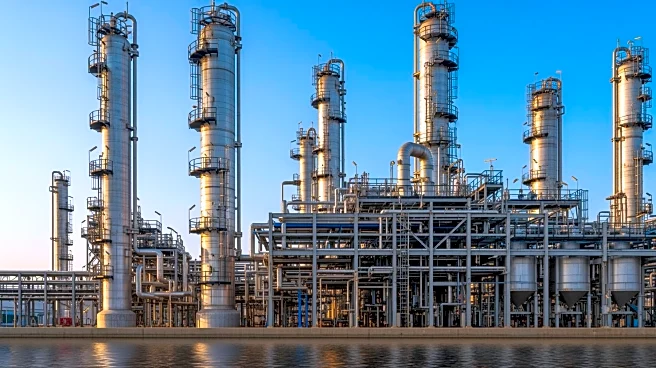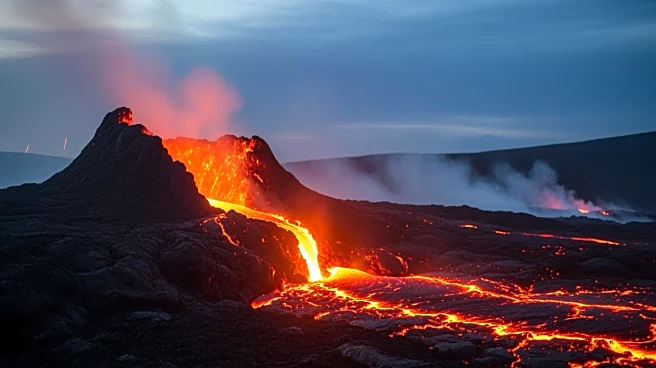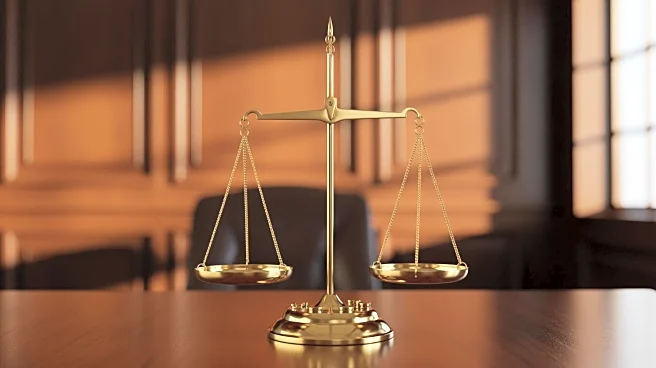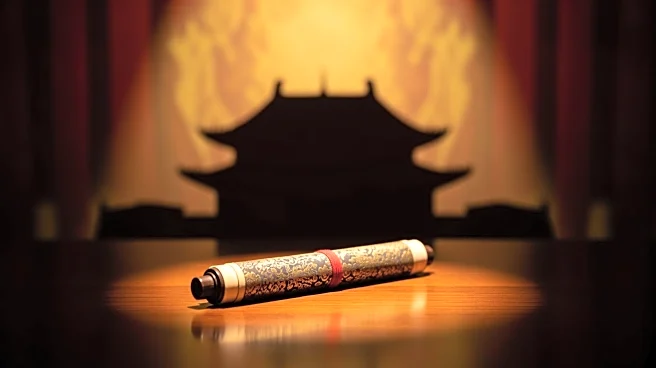What is the story about?
What's Happening?
The United Nations Commission on Human Rights has released a report accusing South Sudanese authorities of systematically looting billions of dollars from public funds. The report highlights that since the country's independence in 2011, a 'predatory elite' has diverted significant public revenue for private gain, exacerbating the nation's food crisis. The report specifically points to the mismanagement of the oil-for-roads program, where $1.7 billion of the $2.2 billion allocated remains unaccounted for. The South Sudanese government has rejected these allegations, claiming the report aims to tarnish the country's image.
Why It's Important?
The allegations of corruption in South Sudan have significant implications for the country's stability and development. The diversion of funds intended for infrastructure and public services undermines efforts to address the severe food crisis affecting 76 out of 79 counties. This situation not only threatens the livelihoods of millions but also risks reigniting civil conflict, as political tensions between President Salva Kiir and former Vice President Riek Machar remain high. The international community's response to these findings could influence future aid and diplomatic relations with South Sudan.
What's Next?
The UN report may prompt increased scrutiny and pressure from international bodies and donor countries on South Sudan to implement anti-corruption measures. There is potential for renewed diplomatic efforts to stabilize the political situation and ensure that public funds are used effectively to address the humanitarian crisis. The South Sudanese government's response to these allegations and its willingness to cooperate with international oversight will be crucial in determining the country's future trajectory.















